Recently, we published our first such post on the open peer review process. In this post, we’ll highlight the keynote process and how it functions within the overall conference planning process.
ADHO directs conference organizers as follows with regards to the selection of keynotes:
Keynotes speakers affect the tone for the conference and how it is promoted. Keynote speakers should be chosen with cultural, disciplinary, geographic, and other forms of diversity in mind. It is recommended that the PC [Program Committee] includes the LOs [Local Organizers] and CCC [Conference Coordinating Committee] in discussions about how such forms of diversity work in a regional context. The PC may alternatively consider creating a plenary session that aligns with the conference theme. The PC should communicate with the keynote speakers concerning the disciplinary focus and level of sophistication of the ADHO audience, particularly if the keynote speaker comes from outside the ADHO community. Normally, the program features two keynotes—including the talks given by the winners of the Busa or Zampolli prizes—and absolutely no more than three keynotes. LOs have veto power over keynote selections insofar as they are responsible for the expenses of the keynote speaker(s). However, it is recommended that LOs raise concerns about potential keynote speaker(s) before the PC votes. After the PC has voted on keynote nominations, the PC Chairs report on the process to the CCC. The CCC reviews the slate of keynotes for issues of cultural, disciplinary, geographic, and other forms of diversity.
DH2020 was scheduled to be a year when the Zampolli prize was awarded, which would have meant that there was only one other keynote slot available. As it turns out, the Zampolli prize will be awarded in 2021, which opened the possibility for two keynotes in Ottawa.
For DH2020, the program chairs in consultation with local organizers agreed that in keeping with the value of community consultation associated with the conference themes, we would invite submission of individuals and/or 3 person panels for consideration as Keynote Speaker or Plenary Panel of the DH2020 conference in Ottawa. Our goal with a community-wide call was to generate as much input as possible as the ever-broadening scope of digital humanities globally makes it difficult for program chairs and committees to have knowledge about all potential speakers.
For DH2020 we received a number of individual keynote nominations and plenary panel nominations. Those names, brief biographies, links to pertinent scholarly information, and statements of nomination were augmented by a closed nomination process completed by the local organizers and program committee members. Cumulatively, then, there were four local organizers, twenty program committee members, the program committee co-chairs, and anyone who nominated through the open nomination who were solicited to provide first round of keynote and plenary panel suggestions.
From there, the program committee assessed the initial list of nominations for relevance to the conference theme, qualifications, as well as issues of cultural, disciplinary, geographic, and other forms of diversity. Gaps identified in discussion were then closed by bringing forward new nominations to the process. The Program Committee then whittled the initial list down to a ranked short list for discussion with local organizers by assessing nominee’s qualifications, relevance to the conference theme, and potential impact on the attendees.
Consultation with local organizers was key as the financial viability of supporting the potential speakers is tied to the approved conference budget. Keynote and plenary speaker costs are built into the local organizers’ budget. Thus, any expansion of the number of scholars speaking has financial consequences that must be accounted for. Once the local organizers have shared their thoughts about the ranked list and their ability to provide financial support, the final ranked list was considered “endorsed” by the Program Committee and the Local Organizing Committee.
This endorsed list was provided to the Conference Coordinating Committee for their review and endorsement. The Conference Coordinating Committee were given an opportunity to endorse the list in the order provided by the Program Committee chairs, to re-order the list, or to suggest additions to the list. After voting, the final list was ranked accordingly and accepted by the Coordinating Committee. Invitation to the select speaker were issued by the Program committee chairs along with a representative of the Local Organizing Committee.
We then hoped that our invited speaker(s) say yes. And, spoiler, our speakers said yes.
